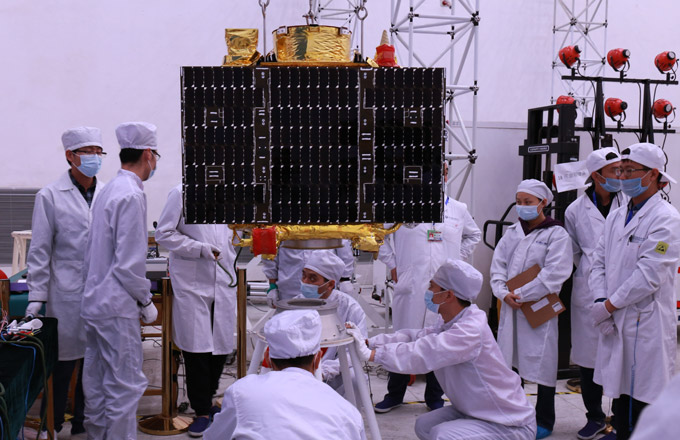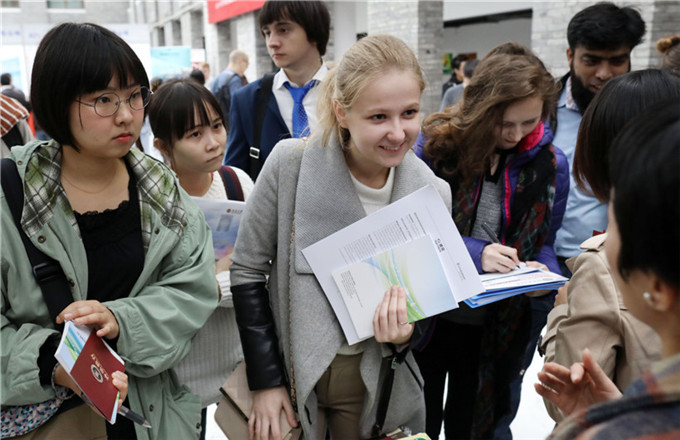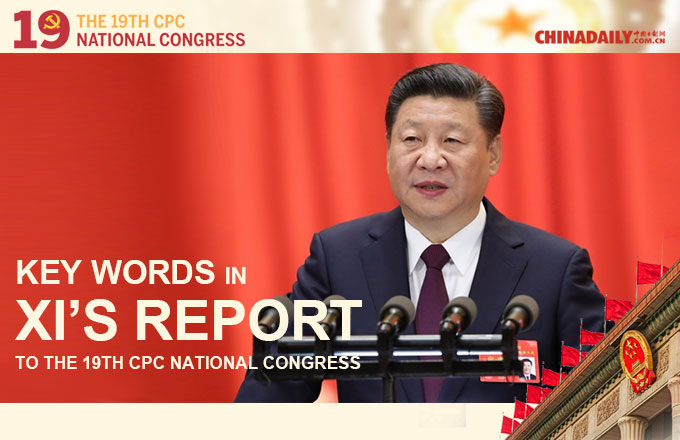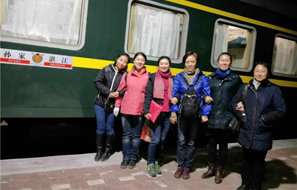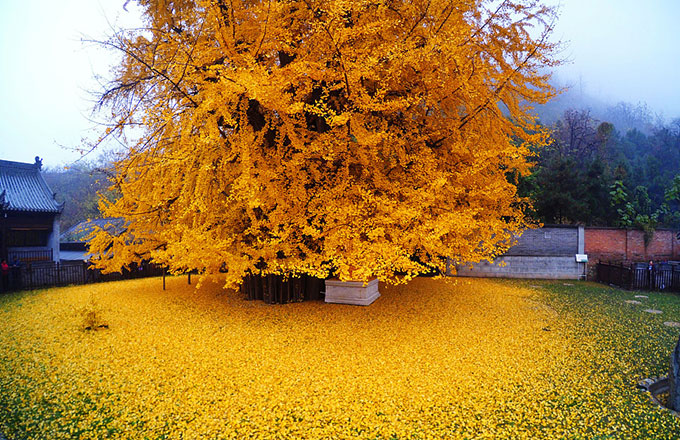North China steps up efforts to prevent smog
BEIJING -?China has channeled more work into improving the air quality in the Beijing-Tianjin-Hebei area by replacing dirtier coal use and penalizing polluters in its latest efforts to lower the intensity of smog this winter.
Inspection teams have been dispatched to cities identified as sources of pollution and companies in breach of emission rules, according to the Ministry of Environmental Protection (MEP).
Beijing imposed more than 160 million yuan (nearly 25 million US dollars) in fines on sources of pollution in the first ten months of this year, up 77 percent from a year ago, and set up an "environmental protection police" force. Some 1,414 officials were held accountable in Tianjin, which tripled fines on polluting companies to 249 million yuan.
Hebei phased out 33,600 small coal-fired boilers and reduced an oversupply in steel and cement capacity by more than 40 million tonnes and two million tonnes, respectively, to reduce dust emissions.
Thanks to these actions, the air quality has seen improvement this October.
The average density of PM2.5 in 28 cities in the Beijing-Tianjin-Hebei region and nearby areas went down 4.6 percent year on year to 62 micrograms per cubic meter from Oct. 1 to Oct. 27, said Liu Youbin, an MEP official.
The MEP said it will continue to step up measures to control air pollution to reach the targets set for this winter.
Between October 2017 and March 2018, the aforementioned 28 cities should lower both their average PM 2.5 pollution levels and the number of hazy days by 15 percent from the same period last year, according to an MEP plan.
Local authorities have announced their own measures to meet this target. Beijing promised to provide cleaner diesel for heavy-duty vehicles and promote the use of electric vehicles, while Tianjin plans to further cut coal consumption and increase the supply of natural gas.
Hebei said it will continue to toughen supervision by ensuring more accurate air quality data and implementing a stricter accountability system.
Air quality usually worsens in late autumn and winter in northern China due in part to less wind and increased emissions from heating sources. As well as enforcing rigorous environmental regulations, authorities are speeding up research into the causes of smog to find effective solutions to the issue.







